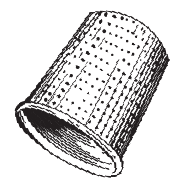Dear Readers,
Here is my Editor’s Note. I suppose I am to say something smart-sounding about poetry and craft. I am honored to have so many of you entrust us with your work, so the least I can do is appear well-versed in poetry and an astute student of wonder. Do editors write about William Carlos Williams still? Probably not; there are younger, hipper, more relevant poets these days whom the in-crowd is buzzing about.
But the beauty of this being my magazine and not someone else’s is I can write about what I want to in the Editor’s Note. You literally cannot stop me. What I want to write about is the Australian television sensation, “Bluey.” It’s a cartoon aimed at children, featuring cartoon dogs and lots of laughs.
And yet, it’s not not about poetry. I certainly learned a lot: how simplicity of form (cartoon) can be surprisingly poignant. How the specifics relate to the universal. How replicating through play is a form of healing, is itself art.
What is poetry but replicating through play?
In the episode “Copycat,” Bluey, a seven-year-old blue heeler, is copying everything her dad, Bandit, does to his annoyance and our amusement. Along the way, they find an injured bird. They take the bird to the vet, but it passes anyways.
Later, Bluey and her mum, Chilli, decide to play injured bird and set up a pretend veterinarian’s office. Her younger sister, Bingo, joins in, despite not being a part of the bird fiasco. Bingo refuses to go along with Bluey’s simulation, and in Bingo’s version, the bird lives.
Poetry isn’t to give things happy endings (although it can, and I’ve done it) but to transform, transfigure, so we can go on flying.
In a much later episode, the reverse happens: we know the Heeler family is playing a hilarious game of realtor, with Bandit as the seller’s agent, Chilli as the buyer, and Bluey and Bingo as grannies who do not want to move out. As the granny characters, Bingo dresses up as the titular ghost basket to scare away Chilli. When that doesn’t work, Bandit disguises himself as a haunted wheelbarrow, which is successful. At the end of the episode, the final shot is of the house, which really is for sale per the sign, and we know now the game of pretend was important all along; it’s a way of processing grief and changes.
What games are we playing at here? When is a game not a game? When we make horses. When an ulna pops out of skin in a monkey-bar mishap. When we forage for wine.
So much depends upon a red wheelbarrow.
Best,
Nadia Arioli

